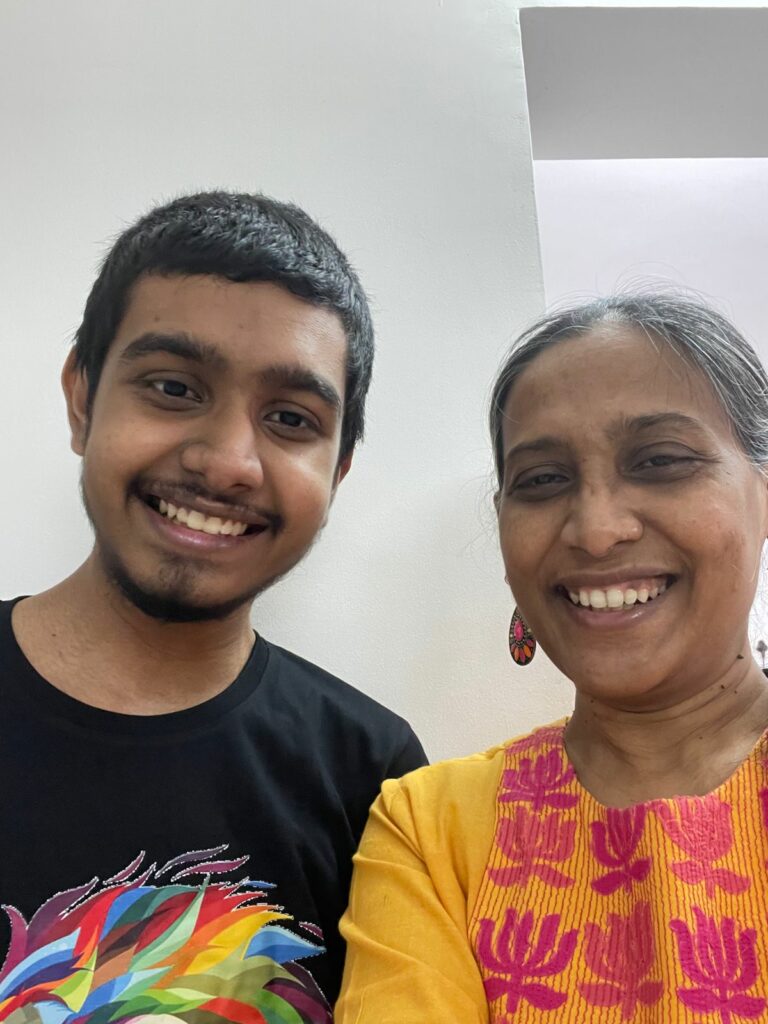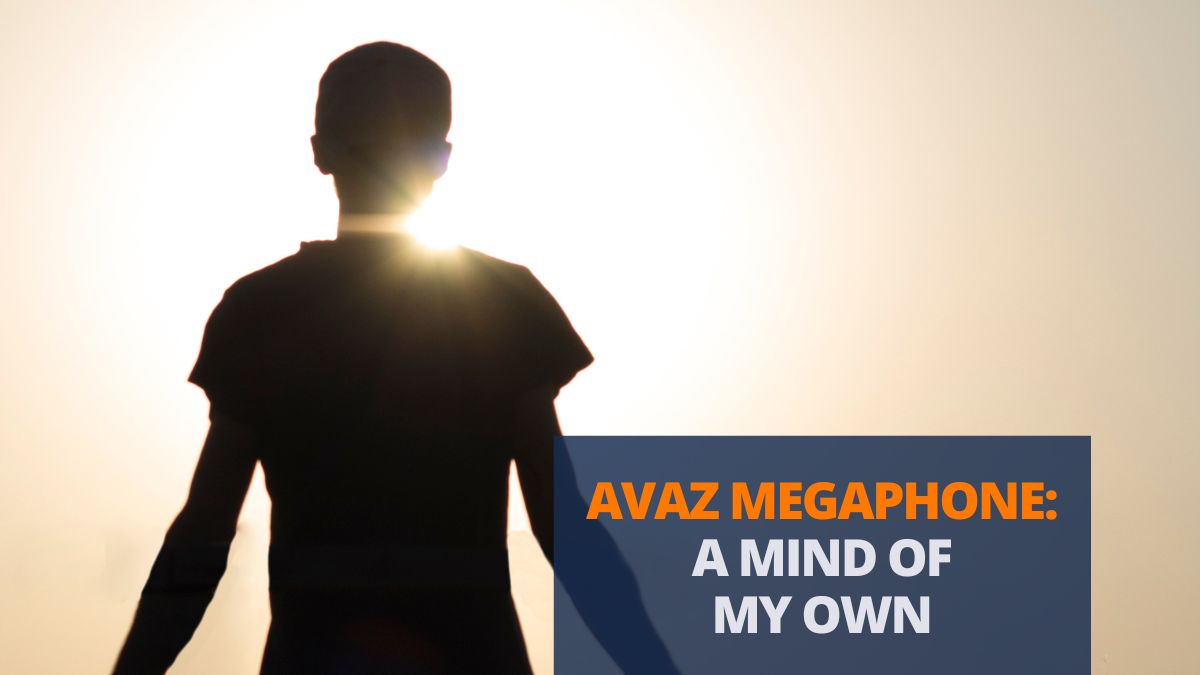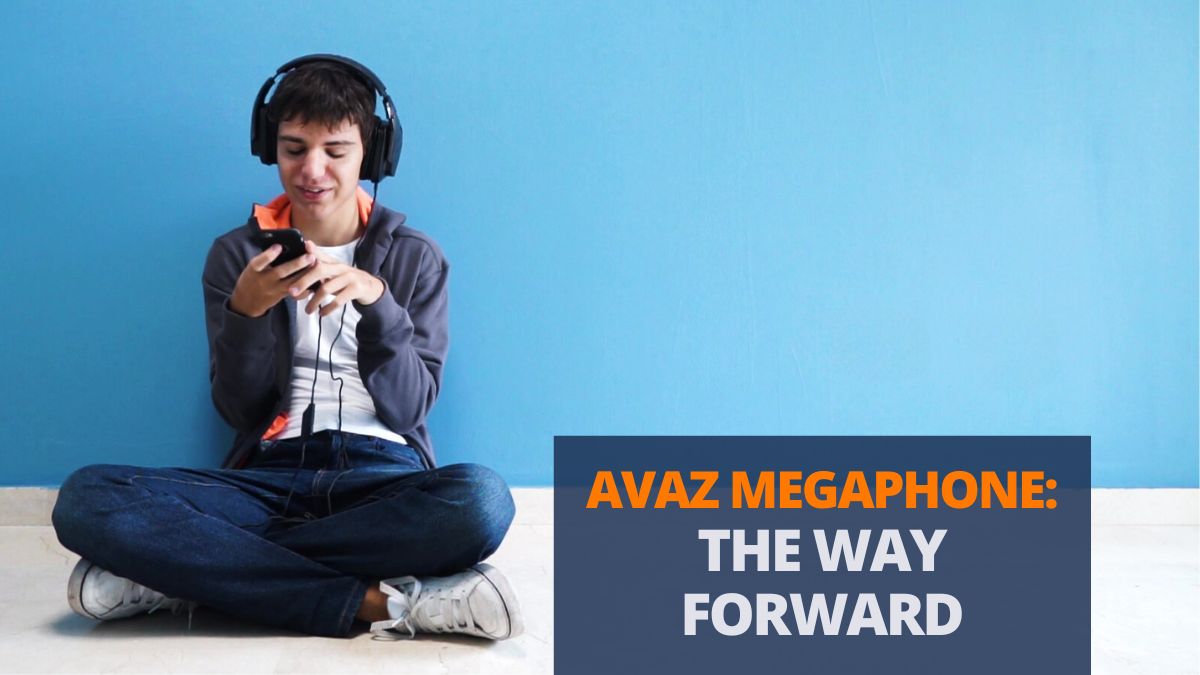This month, we will be featuring a series of blogs from practitioners and caregivers. In this guest blog for Avaz , Chitra Paul talks about how autism acceptance begins at home.
Every individual is the result of nature and nurture acting in various permutations and combinations. While nature is important, we cannot alter it. However, its different for nurture. Nurture is the influence of the environment. For a child, the first and most important environment consists of the people they are surrounded by – parents and family. This holds true for autistic individuals as well. When we talk about autism acceptance, we should understand that it begins at home.
Autism Acceptance & A Nurturing Environment
Acceptance is a key factor at play in creating a nurturing environment. This again leads to better opportunities for inclusion into society. Like charity, acceptance needs to start with the autistic individual’s immediate environment which includes parents and family members.
Acceptance is like a ripple that moves outward. The center is where the individual is placed. Each ring of the ripple represents a section of the environment. All of them together comprise society as a whole. The story needs to begin from the center, from the immediate environment – parents and families themselves. This group needs to accept their child for whoever they are. This reflects in their interactions with the autistic individual which in turn sends out a strong message to the observing world. The message is one of respecting differences.
Another important role this group has to play is in advocacy. Advocacy again can start small and from within the home and family itself. Through simple conversations, others can supported to understand the autistic individual better. Advocacy paves the way for acceptance and in turn for inclusion.
Autism Acceptance & Inclusion
To me, autism acceptance is simply looking at autism as a difference that exists in society. Just like so many other differences. Acceptance and inclusion go hand in hand. Inclusion can become a reality only when we accept autism as part of the diversity on this planet.
Here I would like to emphasize that when I speak about acceptance, I do not hold ability as a criterion for acceptance and inclusion. This is important, because ability is often closely linked to the worth of the individual. This holds true for autistics as well. Acceptance is not reserved only for the autistic individual who has “proven themselves”, or displayed certain abilities or skills. Instead, it should be the same for every autistic individual irrespective of their ability or skill levels.


Chitra – Tarun
Listening to Actually Autistic Individuals
Over the years, the biggest change I see is that the message has moved from autism awareness to autism acceptance. Yes, there is more understanding of what autism is. People have begun to realize that autistic individuals experience the world differently from than the neurotypical population. However, there is still a long way to go.
The very foundation of autism understanding needs to change – from one viewed from a perspective that sees only deficits in autism to one that looks at autism as part of the neurodiversity paradigm. To foster acceptance, we need to look and listen to the real experts – the autistic individuals themselves. We need to incorporate newer knowledge based on inputs from these individuals into all areas connected to autism support services including teacher and therapist training.
We should share all aspects of autism with the world, not just the savant abilities or skills etc. The fact is that an autistic individual most often has a varied skillset with some areas of strength intertwined with some areas of absolute struggle. That is when the world will understand autism and autistic individuals. In my opinion, this would lead to better acceptance.
Final Word
In the simplest of terms, autism acceptance is only about embracing differences, about embracing neurodiversity. It is about appreciating that we are all human beings. That we are all entitled to basic human rights.
Creating awareness and acceptance about autism shouldn’t be restricted to 2nd April or the month of April, alone. It should be something that we do throughout the 365 days of the year.
Finally, I would like to share a short message from my son, Tarun who is a non-speaking autistic teenager. I am sharing what autism acceptance means to him, with his permission.
To treat people in the same way, irrespective of whether they are autistic or not. Parents possibly are, through being the caregivers, most important leaders in making this occur.
Acceptance is people taken for who they are.
Tarun Paul Mathew, Non-speaking Autistic Teenager
We thank Mrs. Chitra Paul for this deeply insightful blog article. A big thanks to Tarun Paul Mathew for sharing his thoughts on what autism acceptance means to him.
WRITTEN BY
Chitra Paul
Parent & Special Educator
Ms Chitra Paul is the Co-founder and Director of Allinclusive Foundation. She is also parent to a non-speaking autistic teenager.






Thank you very very much. I appreciate the way you are creating awareness. Thanks for Tarun’s message too.